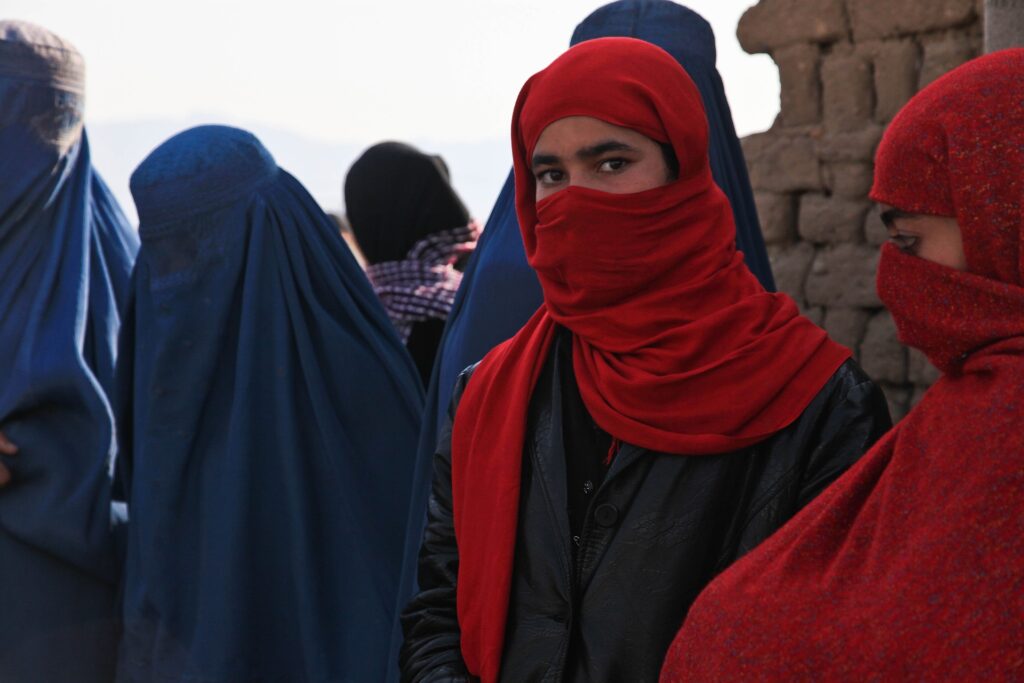
Introduction:
The recent collapse of the Afghan government to the Taliban has sent shockwaves through the nation, particularly impacting the already fragile state of healthcare services for women. Afghanistan now faces a critical juncture in ensuring the well-being of its female citizens. In the wake of political instability, humanitarian support has become, for some, the only option for women seeking healthcare.
The Unsettling Landscape:
The abrupt shift in political power has left a healthcare system in disarray, with women bearing the brunt of the consequences. Years of progress in women’s health are at risk as uncertainty looms over the availability and accessibility of essential services. The collapse of the government has disrupted supply chains, put the financial system in disarray, and led to a mass exodus of healthcare professionals, exacerbating the challenges faced by women in need of medical attention.
Increased Challenges:
- Limited Access to Reproductive Health Services: These include prenatal and postnatal care, family planning, and maternal health, jeopardizing the well-being of mothers and infants alike.
- Increased Vulnerability: The breakdown of law and order heightens the risk of gender-based violence, impacting the physical and mental health of women. Furthermore, the lack of a stable government hinders future efforts to protect and empower women in these dire circumstances.
- Educational Barriers: Insecurity, unstable access, and draconian policies put in place by the Taliban are significantly reducing opportunities for women in the healthcare sector. This limits the number of skilled professionals available to address women’s specific health needs in a field already plagued by mass understaffing and burnout.
The Imperative of Humanitarian Support:
In the face of this crisis, humanitarian organizations play a pivotal role in filling the void left by the collapsed government. Their support is instrumental in ensuring that women continue to receive critical healthcare services:
- Emergency Medical Aid: Immediate provision of medical supplies, including medications, sanitary products, and equipment, is crucial to address the pressing health needs of women across the country.
- Protection and Empowerment Programs: Humanitarian efforts must focus on programs that protect women from violence and empower them with the knowledge and resources to safeguard their health in unstable environments.
- Capacity Building: Investing in training and capacity building for healthcare professionals, particularly women, is essential for sustaining healthcare services in the long term.
- Advocacy for Women’s Rights: Humanitarian organizations can act as advocates, both on national and international stages, to ensure that the rights and health of Afghan women remain a priority in global discourse, international negotiations, and policy development.
Conclusion:
In this critical moment, the significance of humanitarian support cannot be overstated. The international community must rally together to provide immediate assistance and advocate for the rights of Afghan women. By addressing these needs, we can contribute to building a more stable, secure, and equitable future for Afghanistan. Now, more than ever is the time for compassionate action to uphold the dignity and health of Afghan women. Stay tuned for the launch of our upcoming comprehensive research on women’s access to health services in Afghanistan! If you have any questions, please feel free to contact us at: info@prresearch.us
